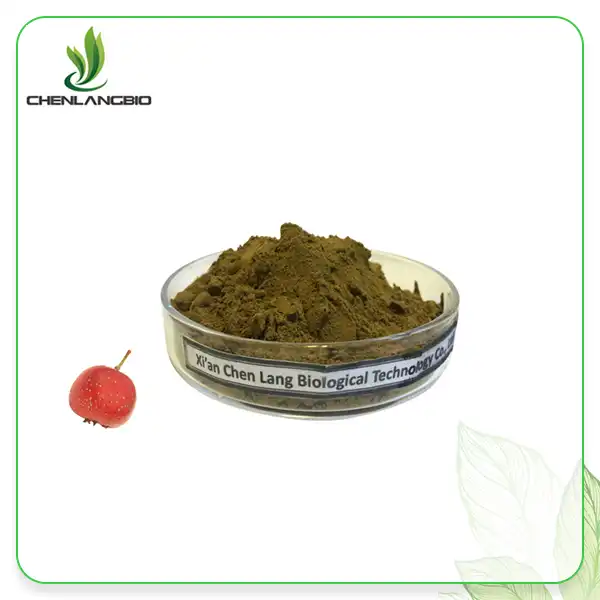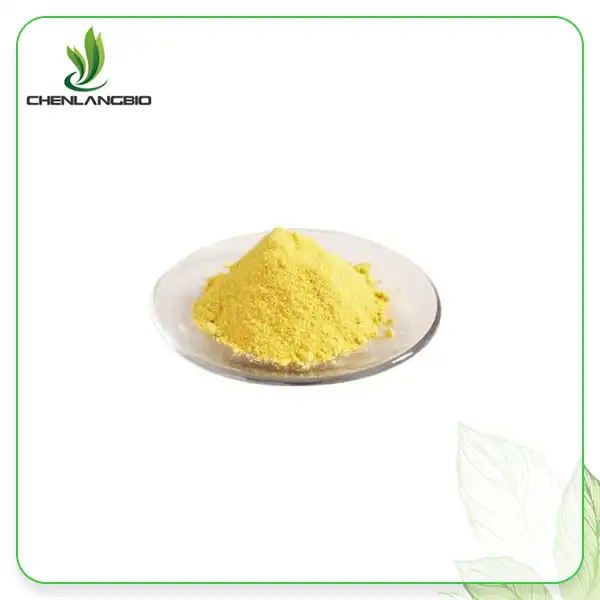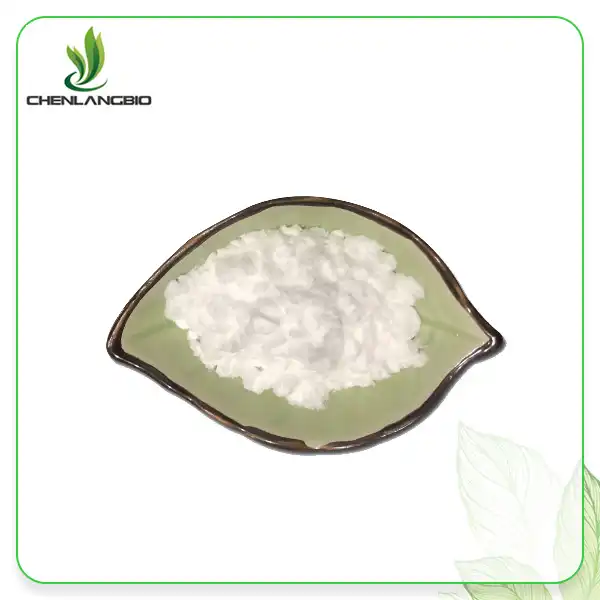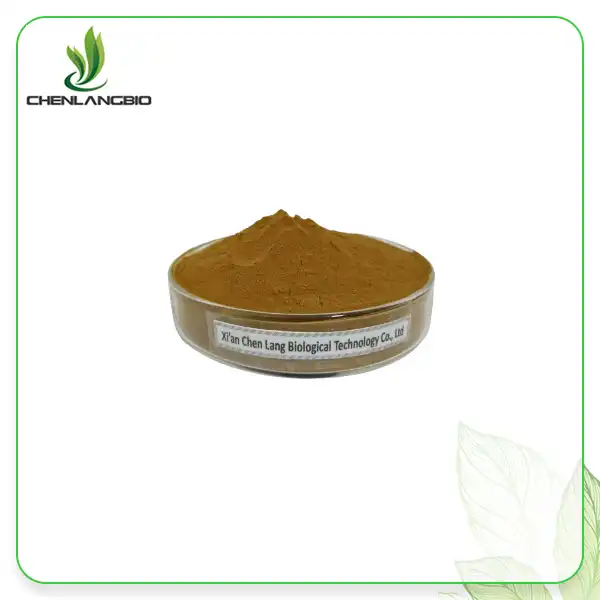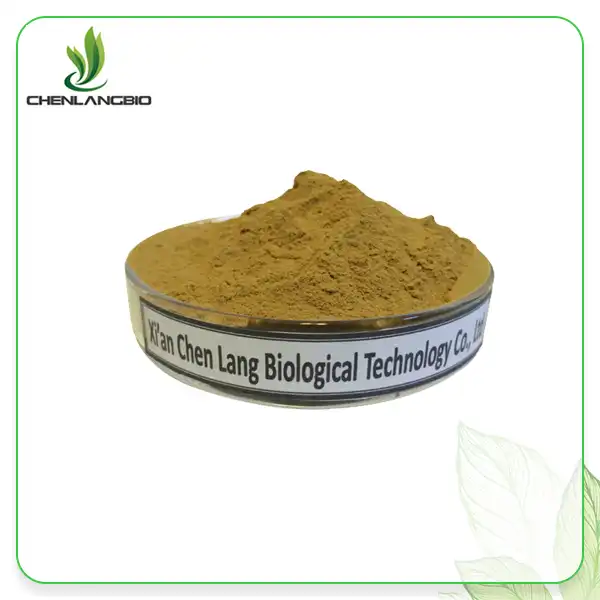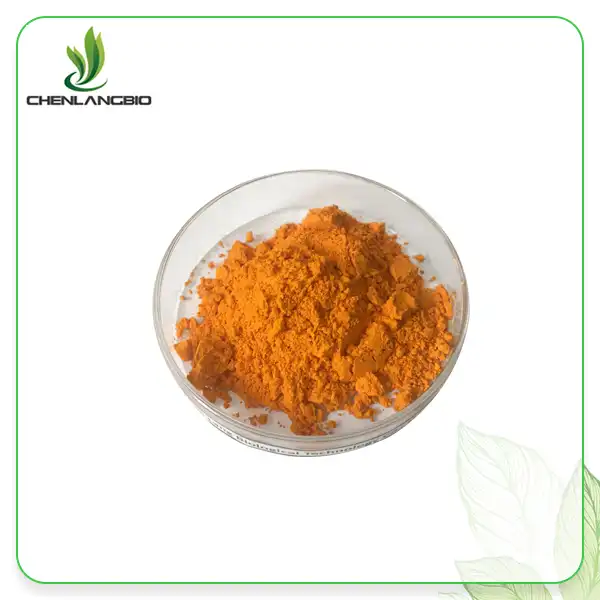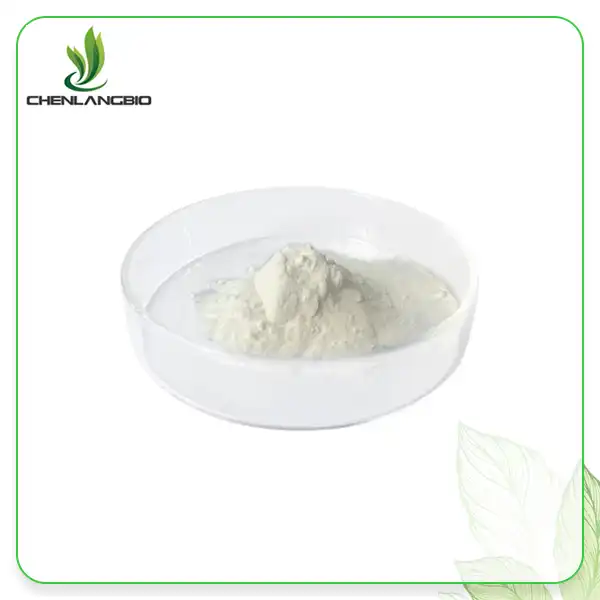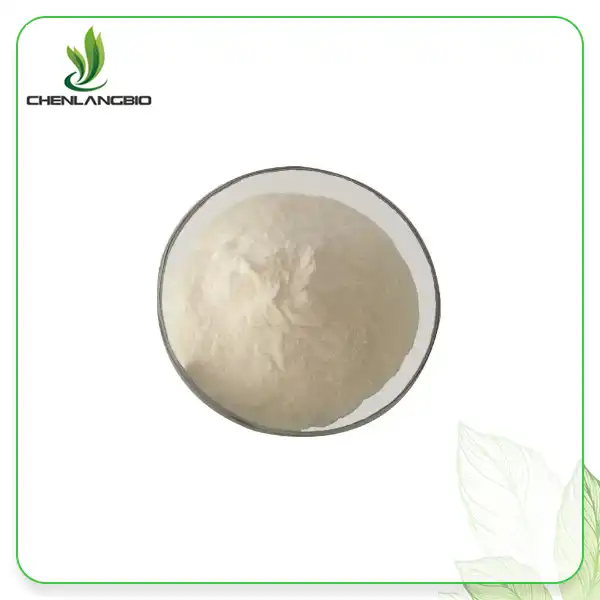How Much EGCG In Lipton Green Tea?
2024-05-11 18:54:53
How much egcg in lipton green tea?
As an ardent tea devotee, I've continuously been inquisitive approximately the dietary substance of distinctive tea assortments. As of late, my consideration was drawn to Lipton Green Tea, especially its EGCG (epigallocatechin gallate) substance. In this article, I will dive into the specifics of EGCG in Lipton Green Tea, investigating its wellbeing benefits, suggested utilization, and how it compares to other green teas in the market.
Understanding EGCG and Its Importance
EGCG, a sort of catechin found in green tea, has gathered critical consideration for its potential wellbeing benefits. Various considers have highlighted its antioxidant properties, which may offer assistance combat oxidative stretch and diminish the chance of constant maladies such as heart illness and cancer. Also, EGCG has been connected to weight misfortune and moved forward brain work, making it a sought-after compound in the domain of nourishment and wellness.
Analyzing the EGCG Content in Lipton Green Tea
Analyzing the EGCG content in Lipton Green Tea involves understanding several key factors:
Quality of Tea Leaves: The EGCG content can vary based on the quality of the tea leaves used in Lipton Green Tea. Higher quality leaves typically contain more EGCG.
Brewing Method: The way the tea is brewed can also impact the EGCG content. Steeping the tea for longer periods or using hotter water may extract more EGCG.
Packaging and Storage: How the tea is packaged and stored can affect the preservation of EGCG. Properly sealed packaging and storage away from light and moisture can help retain EGCG levels.
Processing Methods: The processing methods used by Lipton to produce their green tea can influence the EGCG content. For example, teas that undergo minimal processing may retain more EGCG.
While Lipton Green Tea generally contains around 50-100 milligrams of EGCG per serving, it's essential to recognize that this is an average estimate and actual levels can vary. Some studies suggest that Lipton Green Tea may contain lower levels of EGCG compared to other green tea brands, but this can depend on the specific product and batch.
To accurately analyze the EGCG content in Lipton Green Tea, one would need access to laboratory facilities capable of conducting chemical analysis specific to EGCG. This would involve techniques such as high-performance liquid chromatography (HPLC) or mass spectrometry to quantify the exact amount of EGCG present in the tea.
For consumers interested in the EGCG content of Lipton Green Tea, it's advisable to consult product labels and reach out to the manufacturer for specific information. Additionally, experimenting with different brewing methods and steeping times can help optimize EGCG extraction from the tea leaves.
Comparing Lipton Green Tea to Other Brands
When comparing Lipton Green Tea to other brands, there are several factors to consider:
EGCG Content: As we discussed earlier, EGCG is one of the key components in green tea that offers health benefits. While Lipton Green Tea generally contains around 50-100 milligrams of EGCG per serving, other brands may have similar or higher EGCG content. Checking product labels or contacting manufacturers can provide specific EGCG content information.
Quality of Ingredients: The quality of the tea leaves used can vary between brands. Some brands may use higher quality leaves that contain more EGCG and offer a better flavor profile.
Flavor and Taste: Green tea flavors can vary widely between brands due to differences in processing methods and sourcing of tea leaves. Some people may prefer the taste of Lipton Green Tea, while others may prefer the flavor of other brands.
Price and Accessibility: Lipton Green Tea is a widely available and affordable option, making it accessible to many consumers. However, other brands may offer premium or specialty green teas at a higher price point.
Organic and Ethical Considerations: Some consumers may prioritize purchasing organic or ethically sourced green tea. Many brands offer organic options or adhere to sustainable farming practices, which can be an important factor for environmentally conscious consumers.
Packaging and Presentation: Packaging can also influence consumers' choices. Some brands may offer convenient packaging options such as tea bags or single-serve packets, while others may focus on traditional loose-leaf teas.
Ultimately, the best green tea brand for you will depend on your personal preferences, budget, and health goals. Experimenting with different brands and varieties can help you find the green tea that suits your taste and lifestyle. Additionally, conducting research and reading reviews can provide valuable insights into the quality and reputation of different green tea brands.
Exploring the Health Benefits of EGCG
Antioxidant Properties: EGCG is a potent antioxidant, meaning it helps counteract oxidative stress caused by free radicals in the body. This property is crucial for protecting cells and tissues from damage, which is implicated in various chronic diseases, including cardiovascular disease, neurodegenerative disorders, and cancer.
Cardiovascular Health: Several studies suggest that EGCG may have beneficial effects on cardiovascular health. It has been associated with reducing LDL (bad) cholesterol levels, improving endothelial function (the health of blood vessel linings), and reducing the risk of developing hypertension. These effects contribute to a lower risk of heart disease and stroke.
Weight Management: EGCG has been studied for its potential role in weight management and metabolic health. Research indicates that EGCG may increase thermogenesis (the body's production of heat) and fat oxidation, leading to a modest increase in metabolic rate and aiding in weight loss efforts. Additionally, EGCG may help regulate appetite and reduce fat absorption, further supporting weight management goals.
Brain Health: EGCG has neuroprotective properties and may offer benefits for brain health. Studies suggest that EGCG can help protect neurons from damage, reduce inflammation in the brain, and improve cognitive function. These effects may have implications for reducing the risk of neurodegenerative diseases such as Alzheimer's and Parkinson's.
Practical Tips for Maximizing EGCG Absorption
To optimize the absorption of EGCG from Lipton Green Tea, several strategies can be implemented. Firstly, steeping the tea for the recommended duration and at the appropriate temperature ensures the extraction of maximum nutrients, including EGCG. Additionally, pairing green tea with foods rich in vitamin C enhances the body's ability to absorb EGCG, thereby amplifying its beneficial effects. Lastly, consuming green tea on an empty stomach facilitates rapid absorption and uptake of EGCG into the bloodstream, enhancing its bioavailability and efficacy.
Conclusion
In conclusion, Lipton Green Tea stands out as a viable source of EGCG, offering a convenient and affordable means of incorporating this potent compound into one's daily routine. By elucidating the EGCG content in Lipton Green Tea and comparing it to other brands, this article aims to empower readers with the knowledge needed to make informed decisions about their tea consumption habits. Whether enjoyed hot or cold, Lipton Green Tea serves as a refreshing beverage that not only tantalizes the taste buds but also nourishes the body with its antioxidant-rich properties.Please send inquiry to Email: admin@chenlangbio.com if you want to buy it.
Send Inquiry
Related Industry Knowledge
- What is the Difference Between Regular Coenzyme Q10 and Liposomal Coenzyme Q10?
- What Are the Top Uses of Natural Daidzein Powder in Cosmetics and Health Products?
- What are the Benefits of Cetyl Tranexamate HCL in Skincare?
- What Are the Potential Health Benefits of NMN Supplementation?
- What is D-Luciferin Sodium Salt Used for?
- How Do Hops Flavonoids Work in the Body
- Top Benefits of Isobutylamido Thiazolyl Resorcinol in Skincare
- Does Dimethylmethoxy Chromanol Help with UV Protection
- Is Honokiol Safe to Use
- Can Dihydroavenanthramides Help With Eczema


